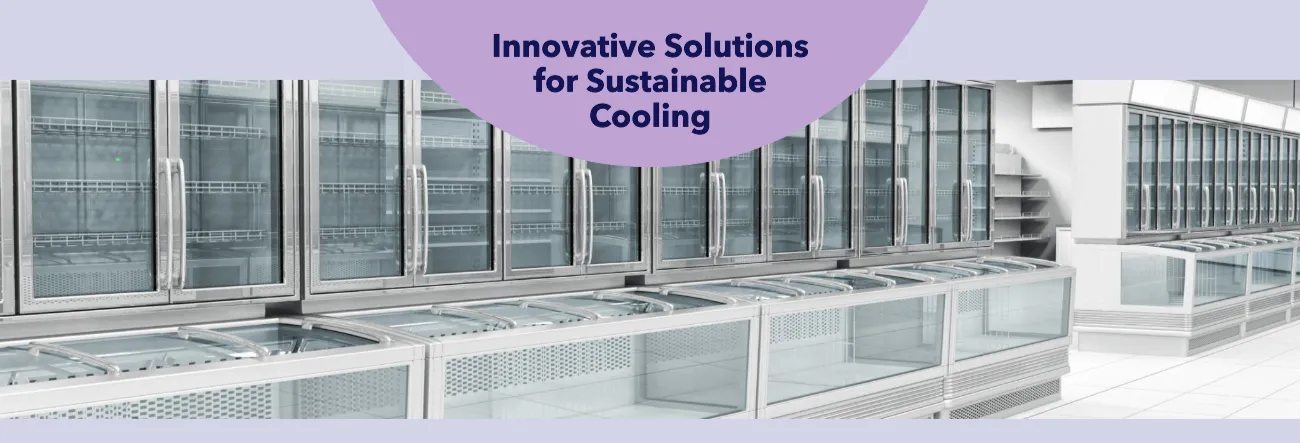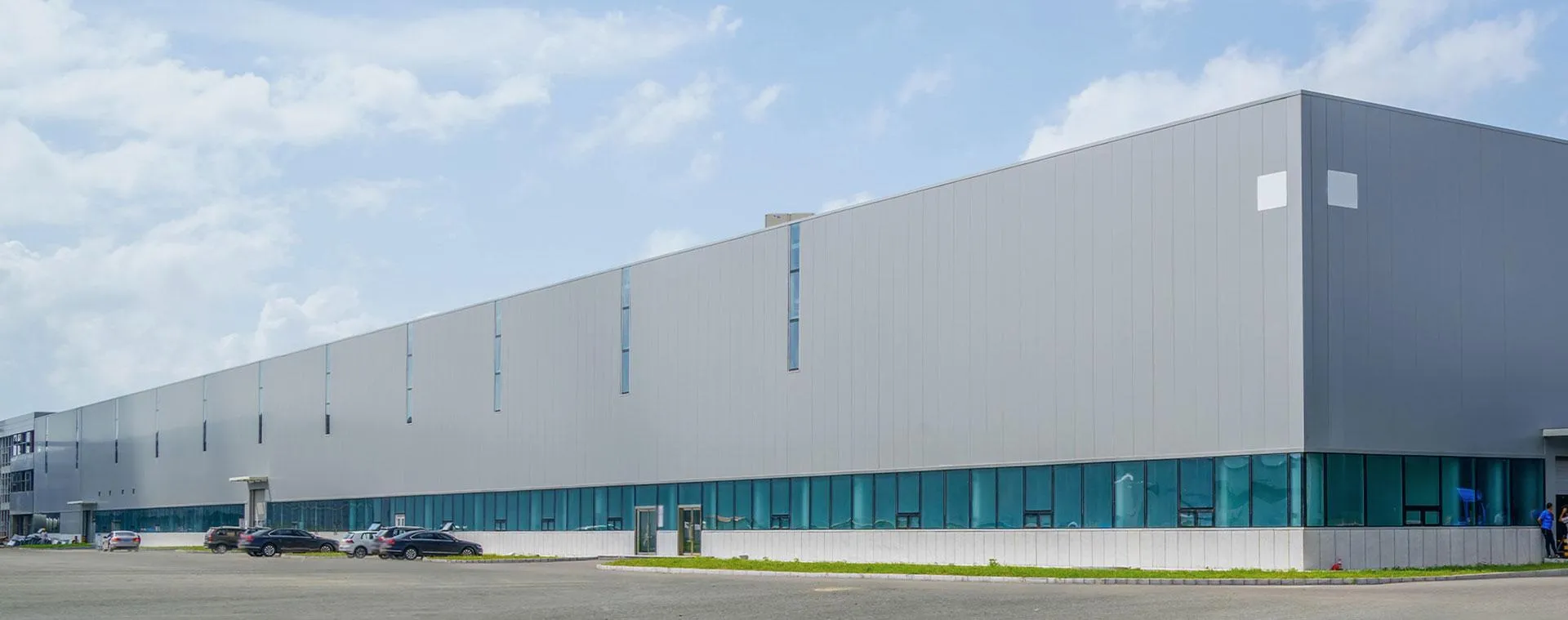NEWS & BLOGS

Innovation and Sustainability Under the HACKS Project Guidelines
Innovation and Sustainability Under the HACKS Project Guidelines

HACKS Project Overview
The HACKS (Heating And Cooling Knowhow and Solutions) project is funded by the EU Horizon 2020 research and innovation program. This project brings together partners from 17 countries, including energy experts, environmental NGOs, and consumer organizations. Its goal is to share experiences, achieve critical scale, and improve market transparency and energy efficiency by offering the most efficient product options.
The HACKS project emphasizes the importance of establishing and adhering to technical standards. Some key technical standards include:
- Energy Efficiency Ratings: Products must meet certain energy efficiency levels to comply with market demands and regulatory requirements.
- Eco-Friendly Refrigerants: Use of low GWP (Global Warming Potential) refrigerants to reduce environmental impact.
- Refrigeration Performance Testing: Strict performance testing standards to ensure product reliability and efficiency under various conditions.
- Safety Standards: Standards covering electrical, mechanical, and environmental safety to ensure product safety during use.
HACKS and the Cold Chain Industry
From a manufacturer’s perspective, the HACKS project is closely linked to the supermarket and kitchen refrigeration market. The project aims to reduce energy consumption by improving the efficiency of heating and cooling equipment, a crucial factor for manufacturers of supermarket and kitchen refrigeration equipment.
As a leading manufacturer focused on the production and R&D of high-quality commercial refrigeration equipment, Skadi Refrigeration shares a common goal with the HACKS project: improving energy efficiency and sustainability.
- Market Trends Analysis: Energy Efficiency and Environmental Protection as Mainstream
Increasing Demand for Energy Efficiency: With rising government and consumer demands for energy efficiency, the market is increasingly seeking high-efficiency, energy-saving products.
Rising Environmental Awareness: More consumers are concerned about the environmental impact of products, driving a trend towards eco-friendly refrigeration equipment.
- Technological Advancements Driving the Market
The application of new technologies, such as more efficient compressors and refrigerant technologies, is driving the development of the refrigeration equipment market.
- Impact of Policies and Regulations
Relevant policies and regulations introduced by governments worldwide are promoting the transition of the market towards high-efficiency, energy-saving products.
Skadi as a Key Connector to Market Trends
- Global Impact
Describing how Skadi has expanded its business to over 50 countries worldwide, establishing brand reputation through high-quality products and services.
- Market Adaptability
Showcasing Skadi’s understanding of the unique needs of global customers and providing products that meet CCE, CE, and SASO standards to comply with different market regulations.
- Customized Solutions
Highlighting Skadi’s expertise in providing OEM and ODM services and how it meets specific customer needs through customized design.
- Environmental Responsibility
Explaining how Skadi supports environmental sustainability through its products, aligning with the goals of the HACKS project, including reducing greenhouse gas emissions and improving energy efficiency.



